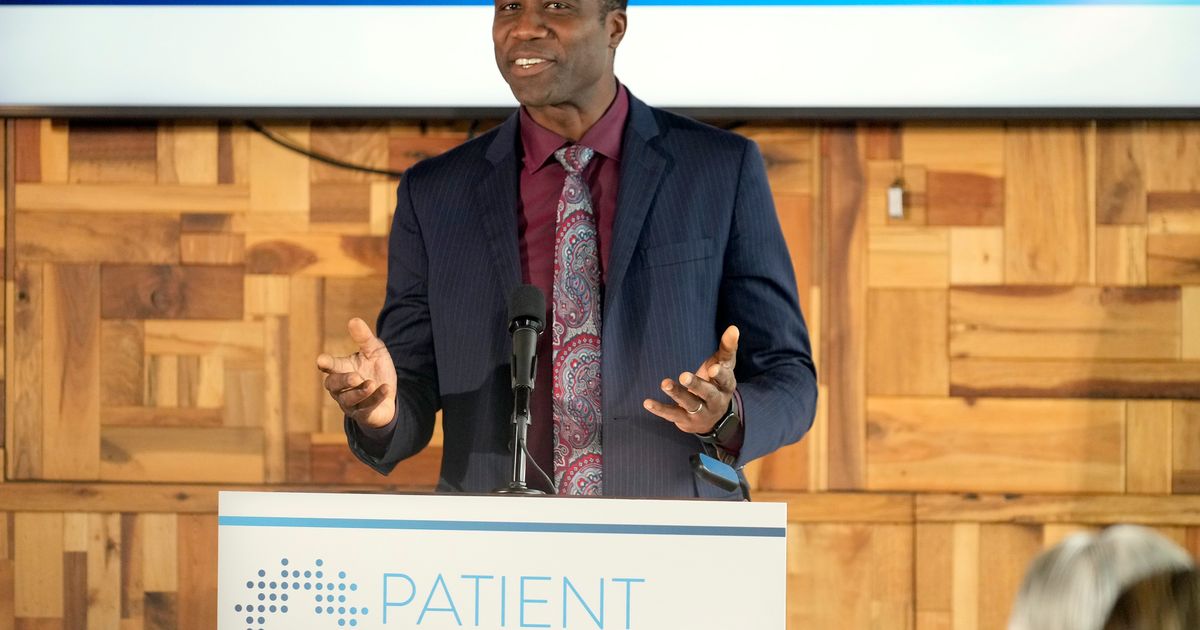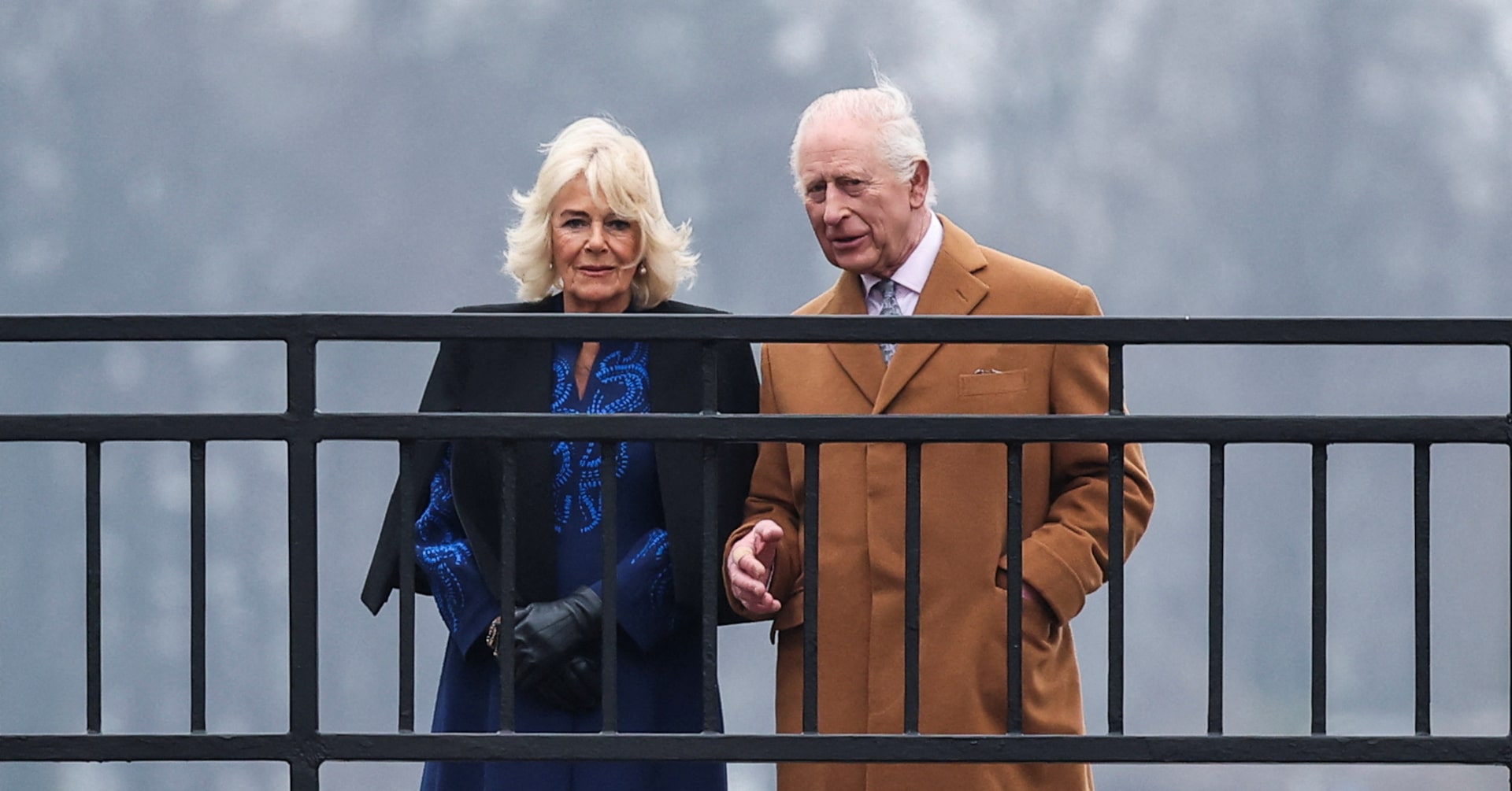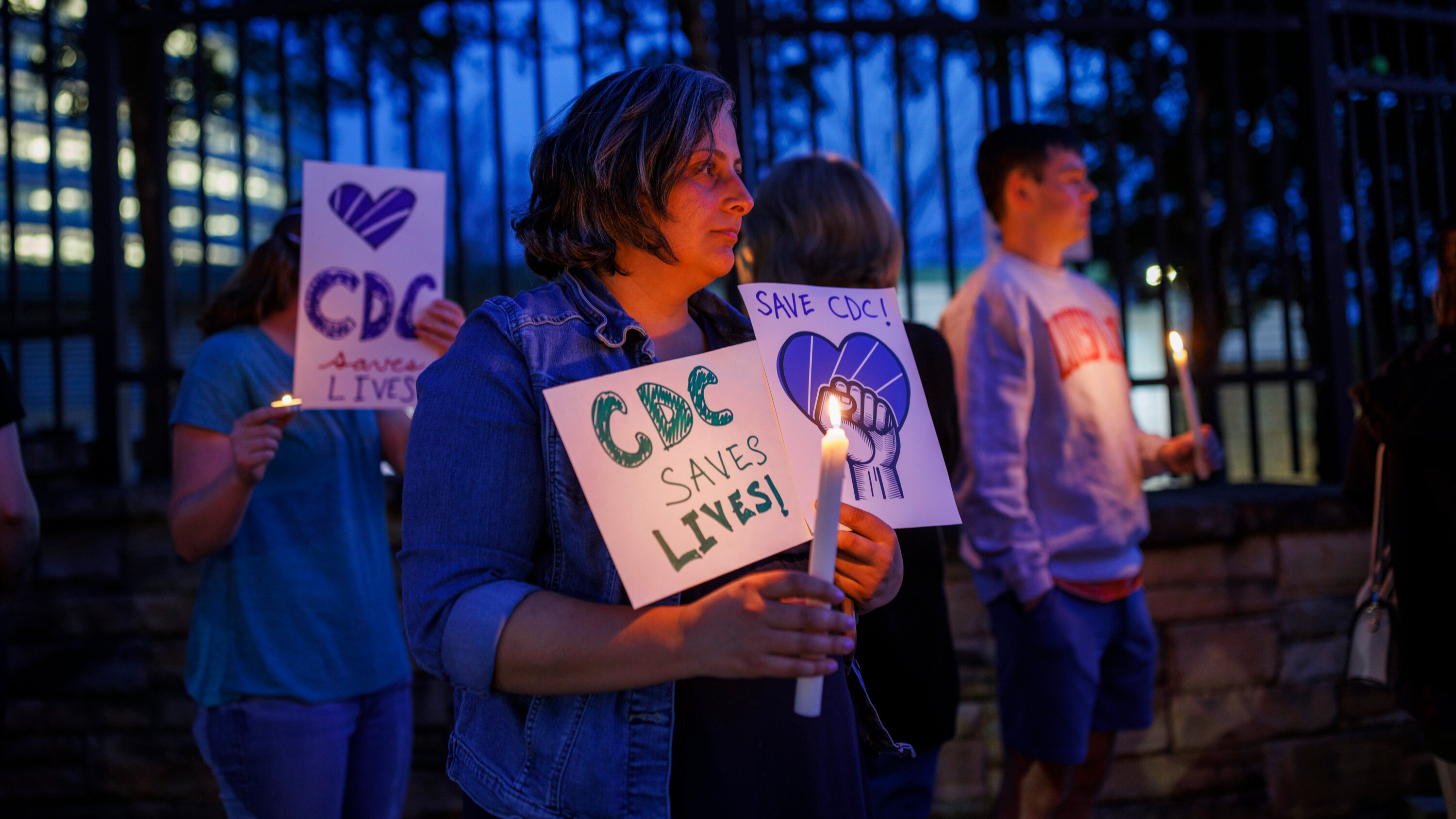Vaccine Standoff: Florida's Top Doc Breaks Ranks with Medical Establishment

Dr. Joseph Ladapo, a distinguished physician with Nigerian roots and impressive American medical credentials, has sparked controversy by comparing mandatory childhood vaccinations to a form of governmental oppression. In a bold and provocative statement, he argues that vaccine requirements for common childhood diseases like measles, polio, and chickenpox represent an unacceptable infringement on personal freedom, likening such mandates to a modern form of "slavery."
The Florida Surgeon General's remarks have reignited the ongoing debate about vaccination policies, challenging long-standing public health practices that have historically protected communities from potentially devastating infectious diseases. Ladapo's controversial stance challenges the medical establishment's consensus on the critical role of immunization in preventing widespread health risks.
By framing vaccine requirements as a form of systemic control, Dr. Ladapo has positioned himself as a polarizing figure in the ongoing discourse surrounding public health, individual rights, and medical autonomy. His comments have drawn both sharp criticism from medical professionals and support from those who prioritize personal choice in healthcare decisions.








